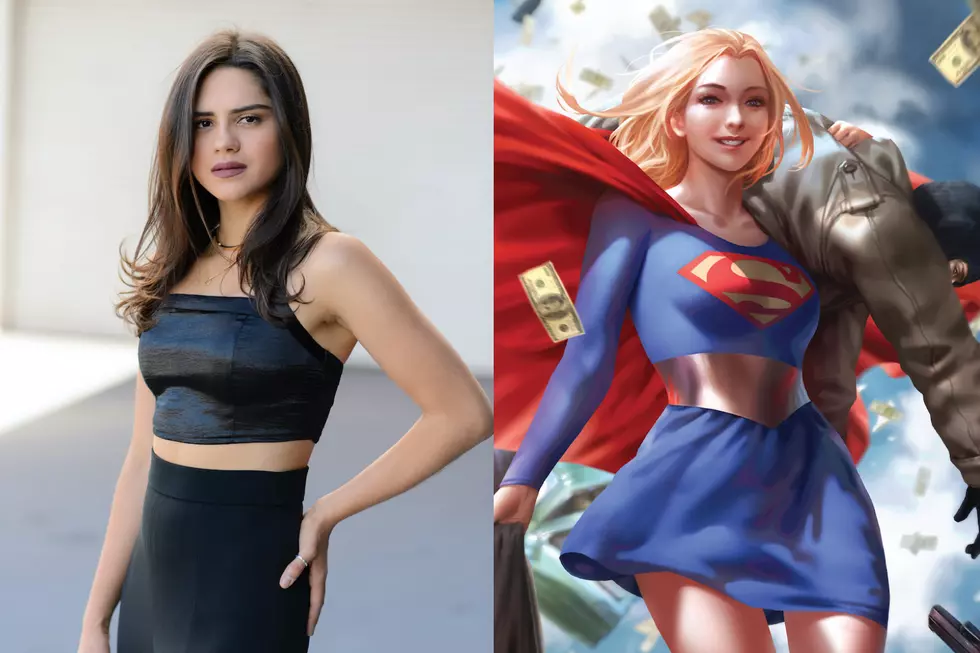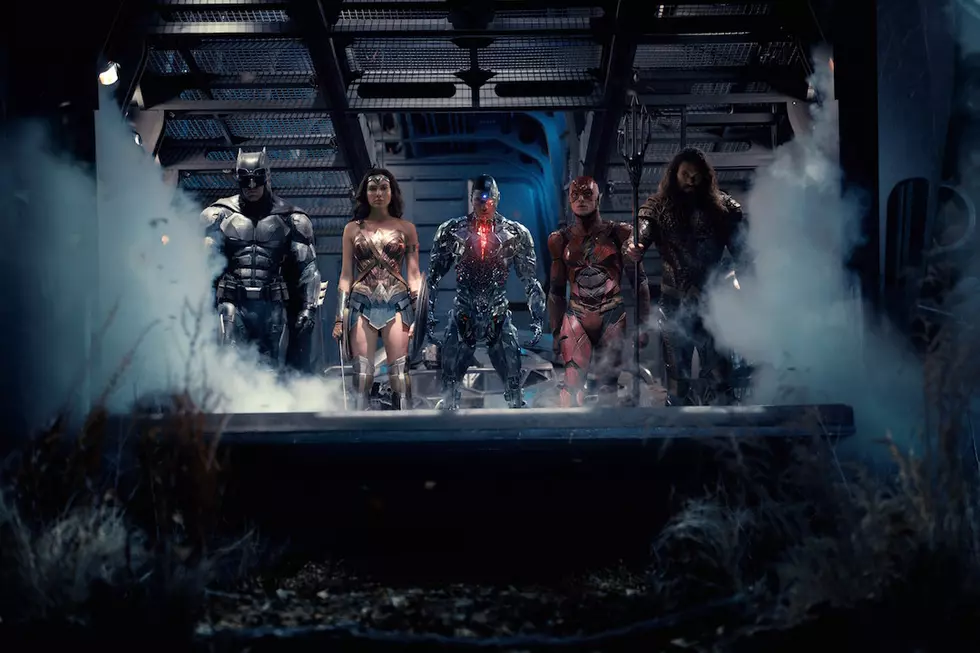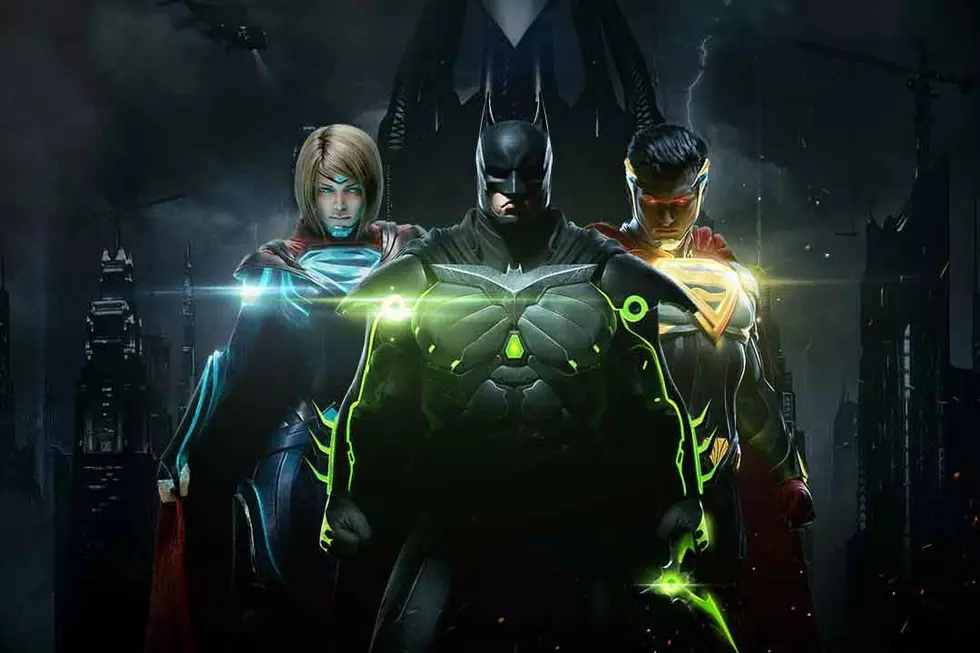
Defining Runs & Sticking To His Guns: A Birthday Tribute To Peter David
Born September 23rd, 1956, Peter David has enjoyed a long and illustrious tenure as one of the most respected writers in comics. His resume includes several long runs that have defined or redefined major characters, many of them considered classics.
David has been one of the most divisive and controversial writers in superhero comics, as well-known for his willingness to speak up for his convictions as he is for his writing.
Peter David entered the world of professional comics through a side door. He knew he wanted to write since he was young and made several sales in journalism and short fiction, but around the early '80s he had essentially given up. He focused on the publishing side of the business instead, and eventually wound up at Marvel in the sales department. But like every unsuccessful writer, he never completely resigned his passion, and pitched to several editors until Jim Owsley --- now known as Christopher Priest --- gave David his first assignment on Spectacular Spider-Man.
The break led to "The Death of Jean DeWolff," a dark and morally complex four-part story that killed off a central character and forced Peter Parker into the more mature territory that superhero comics overall were heading toward. Frequently cited as one of the best Spider-Man stories of all time, it's also one of the most controversial, and helped kick off both David's career and his reputation as a bit of a fire-starter.
David was dismissed from Spectacular Spider-Man due to what Priest described as "office politics," but he was nonetheless offered a shot at the low-selling The Incredible Hulk. His vision transformed the title into one of the most critically-acclaimed and popular comics on the spinner racks.
Over the course of eleven years, David and his many collaborators completely redefined Bruce Banner and the Hulk. Inspired by Bill Mantlo's introduction of parental abuse into the character's history, The Incredible Hulk delved into multiple personality disorder, fractured relationships, and the long-lasting effects of violence, while still maintaining David's sense of humor and progressive politics.
His monumental run ended when he couldn't agree with his bosses on the direction of the book, and he was fired. He went out on a high, however; his final issue, illustrated and colored by Adam Kubert and Steve Buccellato, is a masterpiece of superhero comics. David returned to the title for a short time years later, but he left again because he said it no longer felt right, and understandably so: the Beatles didn't play Candlestick twice.
In the early 1990s, David pulled off the impossible: he made Aquaman interesting. Between The Atlantis Chronicles, Time And Tide, and his four-year stretch on Aquaman, David transformed the former punchline into one of DC's most compelling properties, a brooding and ferocious warrior-king. Hiis interpretation has informed nearly every variation that followed. But again, due to creative differences with editorial, David left the book.
He had the same reinvigorating effect with his first run on X-Factor, a high-profile and energetic 1991 relaunch of the title with Larry Stroman. It was the age of the X-crossover, and David felt hindered by the constant demands to make his story fit with everyone else's. Despite the success of the book, David stepped away after a year-and-a-half.
David came back to X-Factor over a decade later, starting with the Madrox miniseries, and stayed on for eight years, evolving the also-ran in Marvel's mutant franchise into arguably the best X-title of the 2000s. Centered around Jamie Madrox, the Multiple Man, the team settled in Mutant Town as a private investigations agency. Throughout his spectacular second pass, David tackled one complex theme after another with his typical defiant wit: ghettoization, sexual identity, depression, individuality, empowerment, religion and fate. His exploration of the same-sex relationship between Rictor and Shatterstar again made him a lightning rod for controversy, but David, as usual, did not care.
Several times throughout his career David has proven that he's willing to fall on his sword. Whenever he's felt his creativity stifled, he has walked away; he defends those he respects so fervently that he left the successful Spider-Man 2099 to protest the firing of his editor. Through his "But I Digress" columns in Comics Buyer's Guide and on his blog, he has frequently taken others to task for hypocrisy, and defended any friend or colleague who has been made the victim of a falsehood or an injustice through the comics industry.
He publicly calls out editors, executives, and publishers when he feels compelled to stand up for something he believes in, meanwhile producing work that is consistently daring, inventive, and able to withstand the test of time: Incredible Hulk, Supergirl, Aquaman, X-Factor, She-Hulk, Sachs & Violens, Fallen Angel, Young Justice, Captain Marvel; the list is extensive.
Like any creator, David has endured failure, but because of his stubbornness and his willingness to fail in order to break new ground, he has built an enduring legacy as one of the best comics scribes in the history of the medium. Even after suffering a stroke in late 2012, David was back at his trade soon after, churning out comics, novels, television, and passionate, articulate arguments against any one and anything that irks him. He's a writer, a fighter, and a crusader, and he will never go away quietly!
More From ComicsAlliance









